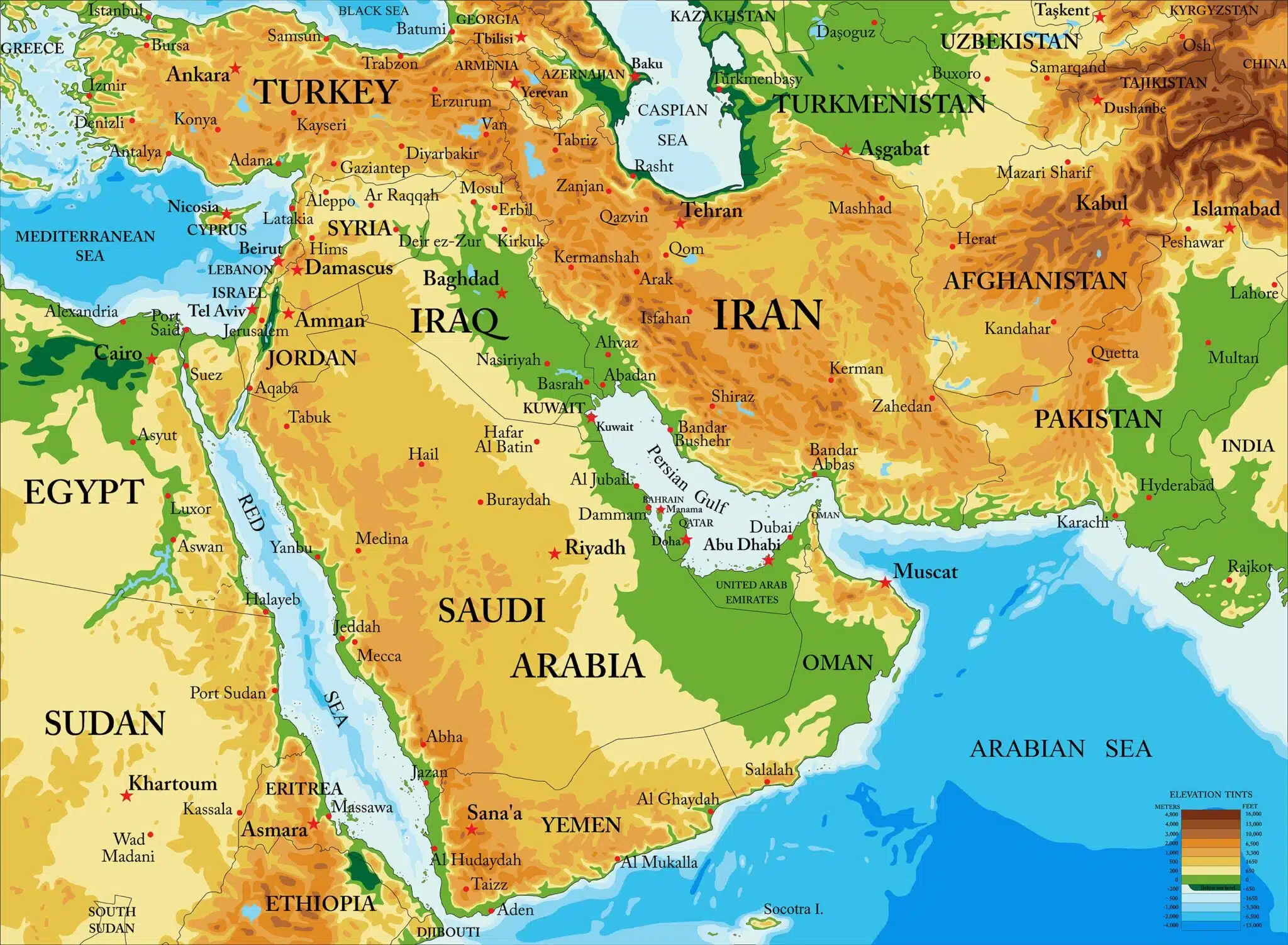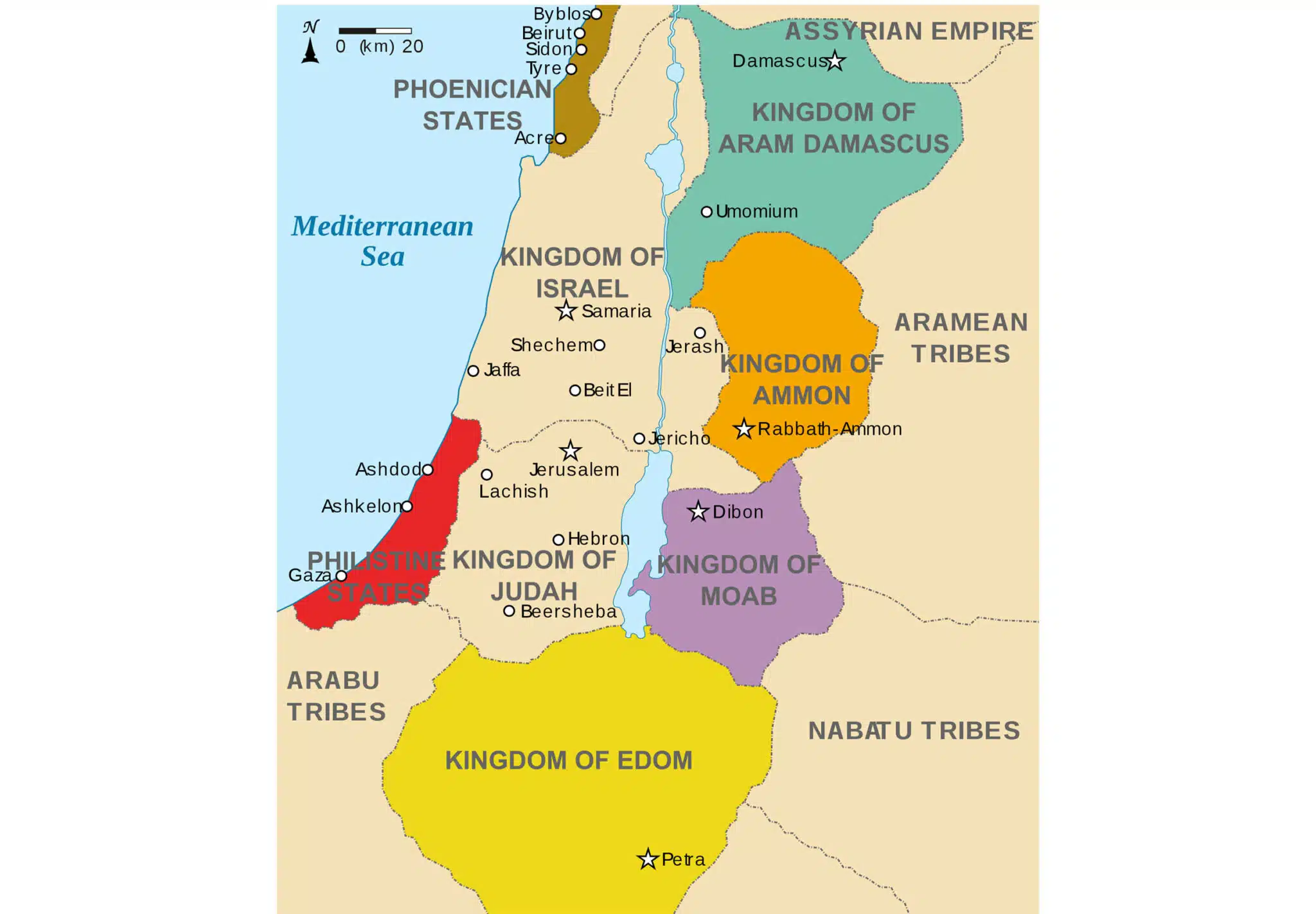Solomon introduces himself as the author of Ecclesiastes. He describes himself using three titles that uniquely qualify him to wrestle with the content of the book.
The first line of Ecclesiastes is precise, purposeful, and emphatic. The intention is not just to identify who is speaking but from what authority he teaches.
The word translated Preacher is the Hebrew “Qoholeth” and it literally means “one who assembles.” The designation is used only seven times in all of Scripture and all seven times are in the Book of Ecclesiastes. Since the Assembler here is imparting an array of wisdom and knowledge, “Qoholeth” is often translated as Teacher or Preacher.
The word “Ecclesiastes” is the Greek translation of “Qoholeth.” “Ekklesia” is usually translated “church” in the New Testament, but literally means “assembly.”
In Deuteronomy 31:10-11, Moses commanded that every seven years, the people would be assembled together to have the totality of the Torah (law) read to them. Perhaps Solomon is following this metaphorically, assembling these words to explore the mysteries of the Torah, a big picture treatment of the meaning of all Scripture.
It is widely believed Solomon is the author of Ecclesiastes. But it is interesting that the book begins (and ends) with a third-person description of Solomon: Preacher, Son of David and King of Jerusalem. A narrator introduces Solomon, then most of the book’s remainder is Solomon speaking in the first person.
Son of David is a reference to Solomon’s lineage. David was the first king of the Davidic dynasty. The King from whom the Messiah will descend. God’s favored and anointed one (Matthew 1:1-16). Solomon was the highest achieving son of David. He carried the nation to its greatest heights, inheriting the favor and prosperity of his father. Solomon was given a supernatural gift of wisdom, and his wisdom was renowned, sought far and wide (1 Kings 4:29-34). Ecclesiastes addresses the spiritual needs of the people of God, but also applies to all peoples. It addresses the human desire to make sense of the world we live in.
The beginning of Solomon’s reign was the height of the Jewish Nation’s political strength. Israel, its land, and alliances became the center of civilization during Solomon’s reign. Solomon writes the book of Ecclesiastes as the King, a position of maximum authority at this time of Jewish prosperity.
The investigations Solomon is about to recount will cover the entire range of human experience, including labor, relationships, agricultural and architectural pursuits, intellectual considerations, ruling and living in a kingdom. His role as King puts him in a position to have the experience necessary for this endeavor.
Solomon is historically renowned for wisdom. With all things offered to him by God, he asks for and is granted wisdom (2 Chronicles 1:7-12; 1 Kings 3). The Book of Ecclesiastes describes his journey in living with wisdom and exploring its effect. He is uniquely equipped for the discussion to come. He uniquely has the wealth, time, position, intellect, and insight to engage such an ambitious pursuit and find its conclusion.
Verse one establishes the moral, spiritual, and worldly authority of its author. The Preacher assembles with authority. The son of David speaks with the inheritance of God’s blessing. The King of Israel speaks with earthly authority and the resources of wealth and position. All are represented in Solomon, the “Qoholeth” (Assembler/Preacher).
Biblical Text:
1 The words of the Preacher, son of David, King in Jerusalem.
Check out our other commentaries:
-
Deuteronomy 10:6-9 meaning
A narrator now breaks in and provides some historical details regarding the responsibilities of the Levites to carry the ark, serve before the Lord, and...... -
Revelation 2:16-17 meaning
Jesus calls the church in Pergamum to repentance and urges them to hear the truth so that they might receive the blessing of intimacy with...... -
Deuteronomy 6:10-15 meaning
Moses commands the Israelites to be diligent to continue an attitude of gratitude to the LORD for what He has done for them and for...... -
Ecclesiastes 10:5-11 meaning
Solomon sees evidence of folly in society and warns against reacting to the mystery of life (hebel) with apathy, evil, or injustice. Wisdom is the...... -
Romans 3:4 meaning
Just because someone is not faithful to God does not mean that God is not still faithful.......








